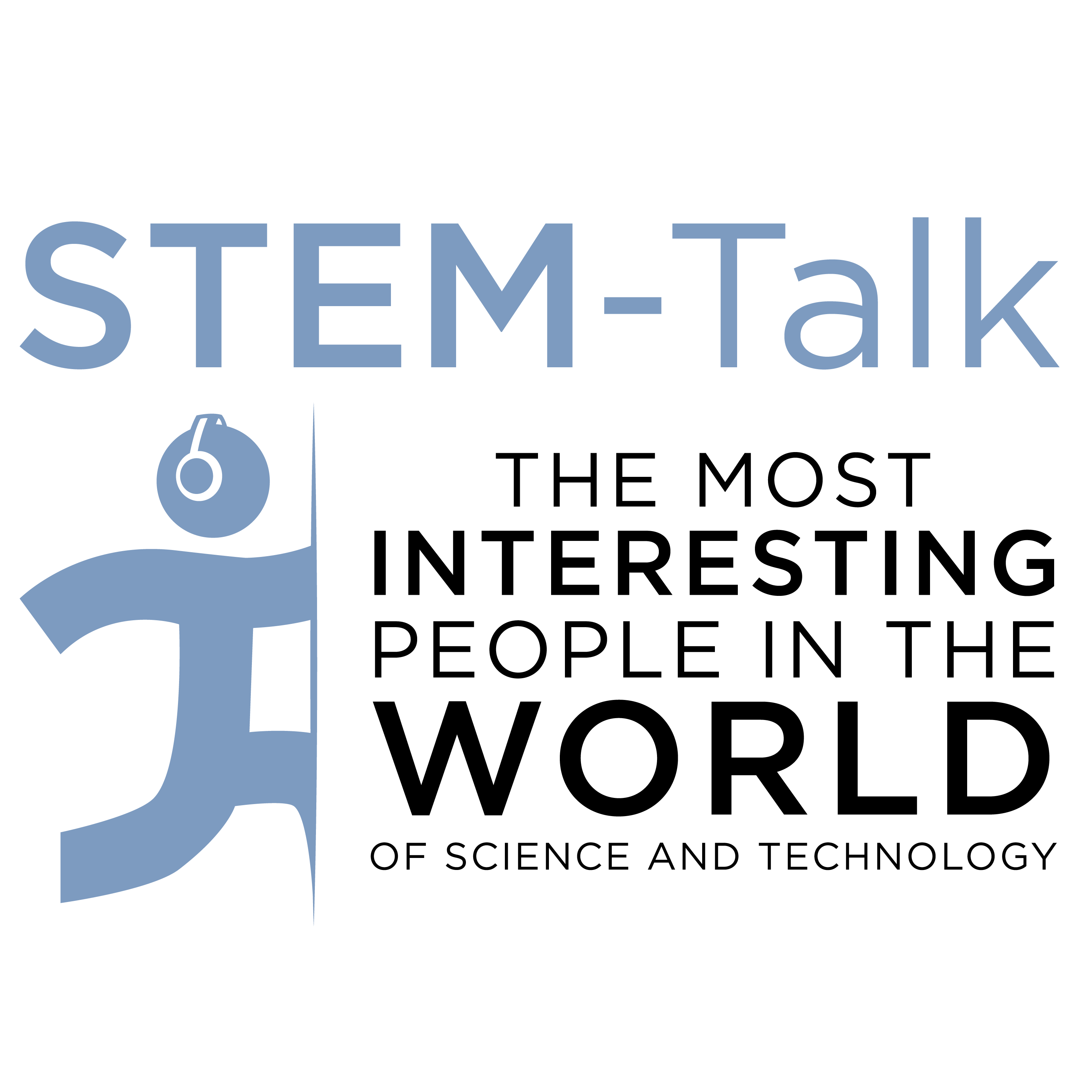Episode 146: Dan Pardi talks about behaviors to improve healthspan
Description
Our guest today is Dr. Dan Pardi, the CEO of humanOS.me, a digital health training application. Dan is well-known for his research into sleep and has collaborated with many high-performing organizations, from Silicon Valley venture capitalists to companies like Adobe, Salesforce, Workday, Pandora, Intuitive Surgical, and more.
He also works with several branches of the U.S. Military to help elite warfighters maintain vigilant performance in both combat and non-combat conditions.
Dan’s podcast, humanOS Radio, is the official podcast of the Sleep Research Society, the Canadian Sleep Society, and a content partner of the Buck Institute on Aging. Dan collaborated with more than 100 science professors around the globe to create his digital humanOS application.
Dan has a Ph.D. in cognitive neuroscience from Leiden University in the Netherlands and Stanford University in the United States. He has a master’s degree in exercise physiology from Florida State University and currently lives in Austin, Texas, with his wife, two young boys, and their dog, Wally.
Joining STEM-Talk host Dr. Ken Ford for today’s conversation with Dan is Dr. Marcas Bamman, a senior research scientist here at IHMC. Marcas was a STEM-Talk guest on episode 116. In today’s interview with Dan, we cover his early career in bioinformatics and how a trip to Moscow led to his doctoral research of sleep and treatments for narcolepsy.
He also talks about the Loop Model to Adopt and Sustain Health Behaviors, a program he developed during his Ph.D. studies. The Loop Model became the core of his company, humanOS.
Finally, Dan talks about the concepts of “actual health,” health-performance experts and a shift in what aging means, which he believes is important to improving the quality of life for all of us.
Show notes:
[00:03:19] Marcas starts the interview by asking Dan to talk about his years growing up in Northern California’s Marin County.
[00:04:06] Ken asks Dan about building radio-controlled cars with his father.
[00:05:11] Marcas explains that Dan’s father was a successful businessman who, after a successful career as a salesman for Remco selling kitchenware, started his own company in California that grew to 200 employees. Dan has been quoted as saying that one of the lessons he learned from his father was the value of relationships. Marcas asks how that lesson has affected Dan’s life.
[00:06:29] Dan talks about his passion for basketball and how his time at the Cap Lavin camp influenced his early life.
[00:08:15] Marcas mentions that Dan’s “science life” seems to have begun with a seventh-grade science-fair project that ended up landing him a job with Nike. Marcas asks Dan to talk about that story.
[00:09:26] Ken mentions that Dan went to the University of San Francisco for his bachelor’s degree and then went to Florida State for his Masters in Exercise Physiology. Ken asks what led Dan to FSU.
[00:10:26] Ken asks why Dan decided to pursue a career in cancer research, going to work at the Preventive Medicine Research Institute in Northern California after graduating.
[00:12:04] Marcas commends Dan for being ahead of his time by leveraging the new technological development of the internet portal to empower life scientists while he was working with the Bioinformatics Biotech DoubleTwist, and asks what that experience was like.
[00:13:41] Ken asks Dan how a trip to Moscow led Dan to pursue a Ph.D. at Leiden University and Stanford, after already working in the industry for 10 years.
[00:15:17] Marcas explains that Dan’s Ph.D. research at the Zeitzer Circadian Biology Lab at Stanford University focused on gamma-hydroxybutyrate (GHB), sleep and ingestive behavior. Marcas asks what was most interesting about this resea...
More Episodes
Today we have Dr. Rudolph E. Tanzi, who is perhaps best known for co-discovering all three familial early-onset Alzheimer's disease genes. In addition, Rudy’s lab was the first to use human stem cells to create three-dimensional human brain organoids and three-dimensional neural-glial culture...
Published 10/25/24
Published 10/25/24
Our guest today is Dr. Anurag Singh, the chief medical officer at Timeline Nutrition, a Swiss life-science company that focuses on ways to improve mitochondrial and cellular health. Anurag is particularly known for his research into the gut metabolite, urolithin-A, which has been shown to improve...
Published 09/23/24


